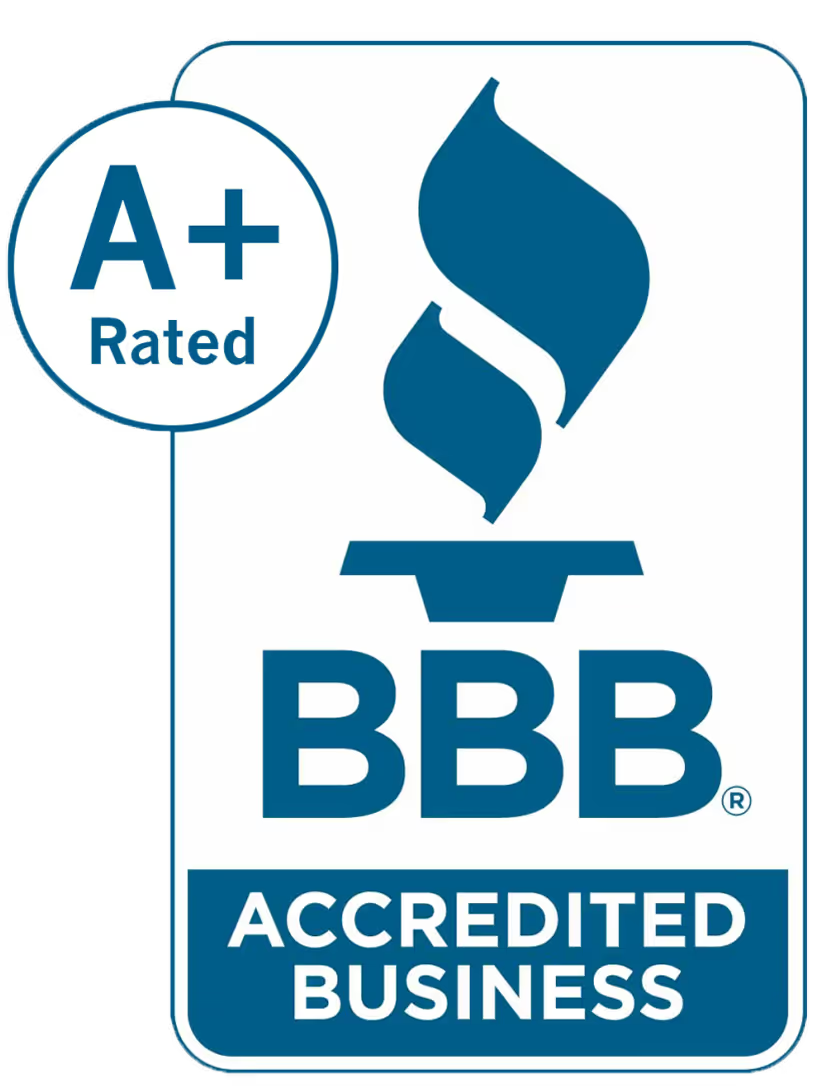Can My HOA Arrest My Neighbor?
When Neighbor Disputes Turn into HOA Headaches
Noise complaints. Late-night parties. Neighbors yelling across the hallway. If you’ve ever served on an HOA board or managed a community, you know how quickly these situations can land on your desk.
The question comes up often: what exactly can an HOA do when residents cross the line? Can a board intervene like law enforcement? Could a manager be held liable for not stepping in?
Attorney Darren M. Bevan of Baydaline & Jacobsen LLP joined The Uncommon Area podcast with host Matthew Holbrook to unpack these questions. His short answer: No, your HOA can’t arrest anyone. But the longer answer reveals important lessons every board should know.
The Case That Redefined HOA Responsibility
In Woolard v. Regent Real Estate Services, Inc. (2024), California’s Court of Appeal ruled that a homeowners association and its management company did not have a legal duty to intervene in a violent neighbor-to-neighbor dispute.
The court reasoned that HOAs don’t have police powers. They can’t arrest, detain, or subpoena. Their role is limited to enforcing their own governing documents, nothing more.
“We don’t have police powers. We don’t have subpoena powers. We are not law enforcement,” Bevan explained. “Our duty begins and ends with the governing documents.”
Link to the case: Woolard v. Regent Real Estate Services, Inc.
What HOAs Can Enforce
Every community is different, but most HOA enforcement powers come from three main sources:
- CC&Rs and Rules: Boards can cite specific violations of the governing documents — for example, quiet hours, parking restrictions, or architectural rules.
- Hearings and Fines: Associations can hold due-process hearings and levy fines when a rule violation is verified.
- Civil Enforcement: In rare cases, boards can seek court injunctions to stop ongoing non-compliance.
Beyond that, anything resembling police action is off-limits.
What HOAs Cannot Do
The Woolard case clarified the line clearly:
- HOAs cannot detain or “arrest” residents.
- HOAs are not required to break up disputes or investigate crimes.
- Managers and boards are not liable for failing to stop illegal activity between neighbors.
That doesn’t mean boards should ignore reports of violence or threats. They should document, investigate whether it’s an HOA issue, and contact law enforcement if it crosses into criminal territory.
How to Know When to Step In
Bevan emphasized that the first question a board should ask is simple:
“Is this truly a violation of the governing documents?”
If the answer is no, the association generally should not act. But there are gray areas. For example, nuisance complaints.
A “nuisance” under HOA law must be ongoing, substantial, and unreasonable, something that clearly disrupts a resident’s ability to live peacefully. One loud party probably doesn’t meet that standard. Persistent noise over weeks might.
Some boards use tools like decibel meters, patrol logs, or third-party witness reports to document whether a true nuisance exists. These records help ensure enforcement decisions are objective and defensible.
Best Practices for Boards and Managers
- Investigate before acting. Determine if a complaint ties to a rule or restriction.
- Document everything. Use executive session resolutions to record findings and rationale.
- Communicate clearly. Close the loop with the reporting homeowner so they know their concern was heard even if no violation was found.
- Know your limits. Don’t mediate criminal matters or act as a substitute for law enforcement.
- Adopt clear rules. If your community encounters repeat gray-area issues (like pool dress code or late-night parties), formalize them through rule amendments.
These practices align with California’s business judgment rule, which protects boards that act reasonably, in good faith, and in the community’s best interest.
Why This Matters
When boards overreach, they risk lawsuits and eroded homeowner trust. When they under-respond, the community feels unprotected.
The Woolard case reminds associations that their authority stops at the borders of their governing documents. Understanding that line and documenting how you respect it is the key to running a responsible and respected HOA.














